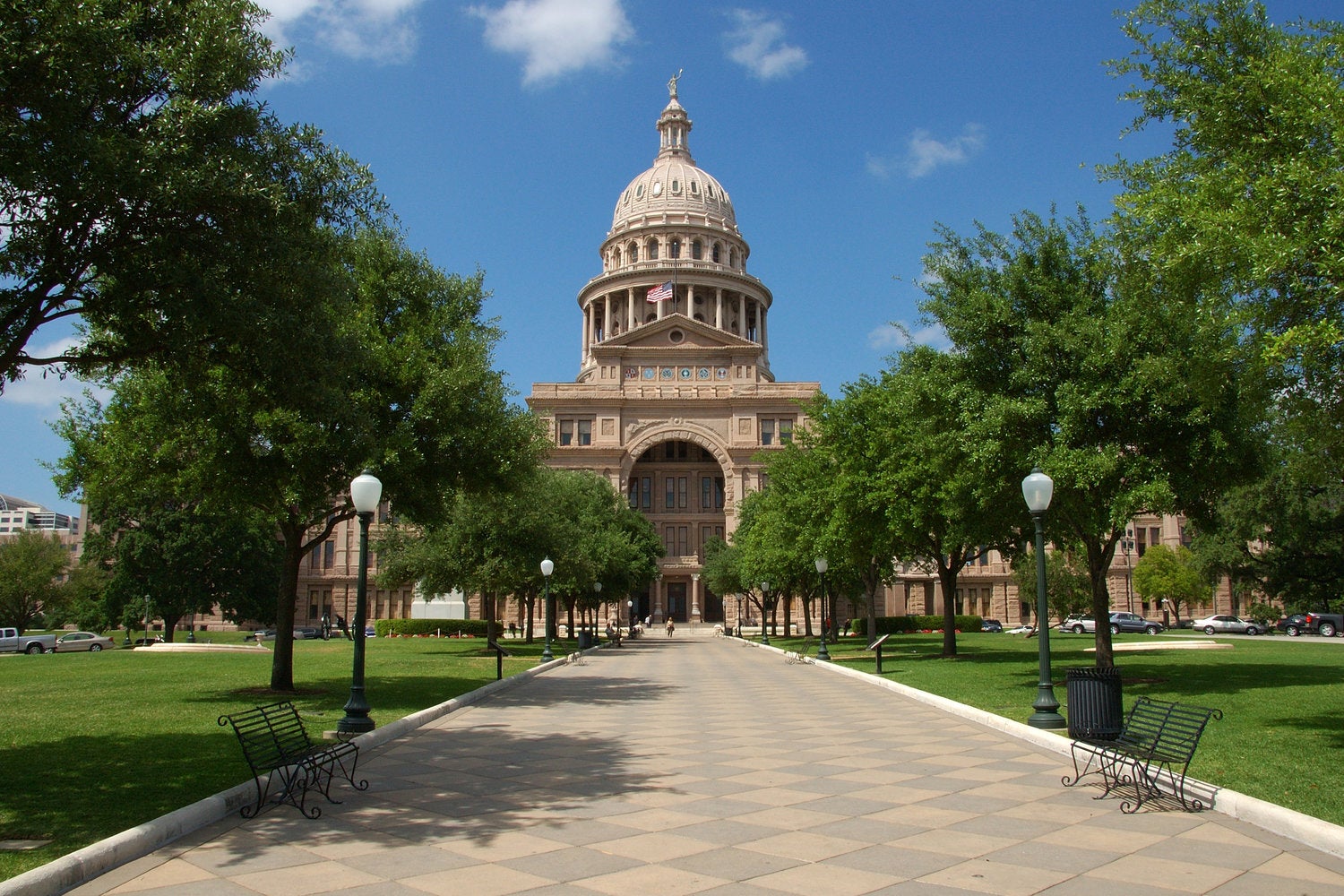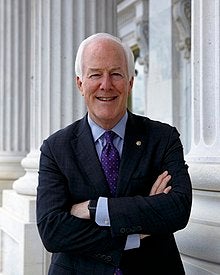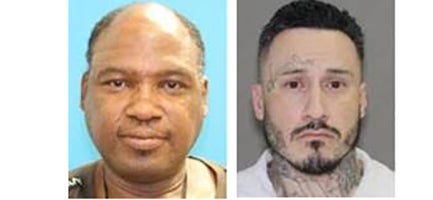SCHOOL FINANCE AND PROPERTY TAX REFORM LEAD AGENDA AS LEGISLATURE BEGINS SESSION
Published 11:35 am Sunday, January 13, 2019

- State capitol building in Austin, Texas
(Austin) The Legislature will pass sweeping reforms to the way it pays for public schools this session, according to the leaders of both chambers and Governor Greg Abbott. Abbott appeared with Lt. Governor Dan Patrick and newly elected House Speaker Dennis Bonnen at a press conference on Wednesday to announce that all three were committed to addressing education funding and property tax growth in 2019. “If the three of us are aligned, that we’re going to accomplish a mission, and pass legislation, it happens,” said Patrick. “This is not just a message to the public and to the media, but I think our members will take note, that this is really unprecedented, that we’re addressing these issues at the beginning of the session, totally united with one another.”
A commission made up of stakeholders, experts and lawmakers studied the issue over the interim and issued findings and recommendations in December last year. The Texas Commission on Public School Finance found that the current formulas that determine how much each school gets per student are outdated and insufficient to meet the needs of students, especially those from low-income backgrounds, those with special education needs and those learning English. They recommended an overhaul of allotments and weights, the variables that drive the funding formulas, to redirect $3.5 billion in existing funds towards these vulnerable populations as well as other programs that produce strong educational outcomes for all students.
The commission also made recommendations for property tax reform, offering three solutions but not recommending one above another. The commission found that the amount of recapture, that is local property tax revenue above a certain threshold remitted to the state and then redirected to property-poor districts, is increasing significantly. The number of districts paying recapture is more than 200, up many times more than the 34 who originally paid recapture when the law was passed in 1993. One proposed solution would use growth in recapture to compress local property tax rates. Another would take this growth and divide it equally among the state, school districts, and taxpayers. The final plan would simply cap property tax growth at 2.5 percent per year. What eventually reaches the Senate floor will be developed by a newly formed committee on property taxes.
Also this week, budget writers found out how much money they’ll have to work with as they figure out how to pay for state services for the next two years when Comptroller Glenn Hegar issued his biennial revenue estimate. The state is constitutionally prohibited from spending more than it takes in, so this estimate sets a cap on how much lawmakers can appropriate. Unlike in 2017, when legislators arrived in Austin to discover they had less money to work with than the previous session, strong economic growth and sales tax collections have increased available revenue by eight percent over the last session, for a total of just under $120 billion in non-dedicated general revenue.
Hegar also releases growth projections for the Texas economy with the revenue estimate, and he said that a recovery in the oil market in 2018 and expansion of the national economy led to robust 3 percent growth in gross state product, and forecast an even stronger four percent rate for 2019. Beyond that, he said, economic uncertainties cloud the state’s economic prospects. Rising federal interest rates, a drop in the price of a barrel of oil from its October high, and volatility in the global market and questions about US global trade policy will rein in growth. While the state should still outpace the national economy, he said, his office predicts more modest growth in GSP of 2.5 percent in each year of the 2020-2021 biennium.
The Senate will reconvene Tuesday, January 15 at 11 a.m.





